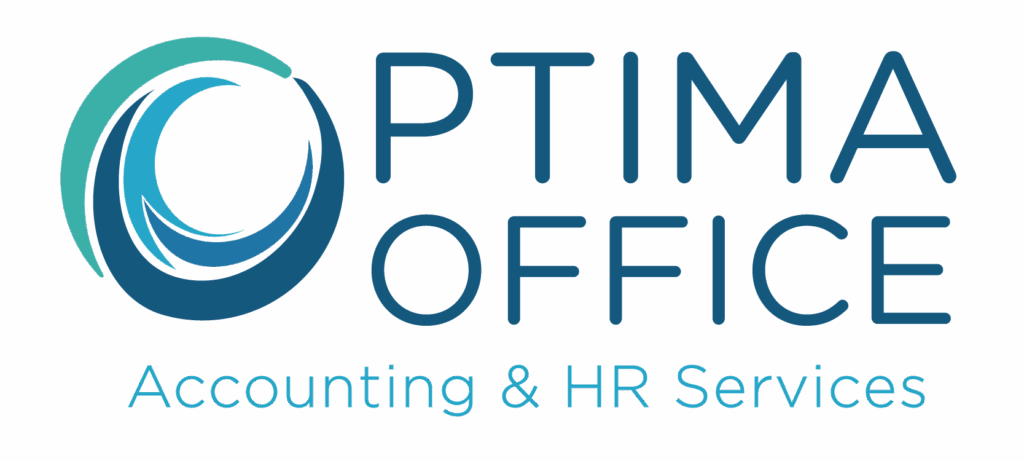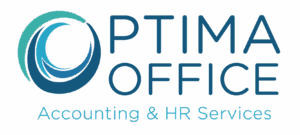Hi California Employers. Here’s a short checklist to make sure you are aware of the latest HR guidelines for 2023.
Minimum wage increases effective 1/1/2023.
Effective January 1, 2023 the minimum wage rates for all employers will increase to $15.50 regardless of company size. But please be aware, many cities have a higher minimum wage. For example, in San Diego it is increasing to $16.30/hour. Optima can review local minimum ordinances for all areas you have employees.
Recommend that employers recheck their exempt/non-exempt employee classification to ensure compliance with FLSA.
The minimum wage increase also impacts the annual salary minimum to pass the salary test to be exempt. The new exempt annual minimum wage is now $64,480*. Remember, a minimum salary is not the only factor which must be considered to classify an employee as exempt.
Not sure if all your employees are properly classified? We are happy to conduct an HR assessment to help ensure your company is in compliance. Please note that employers who misclassify their workers due to not understanding the guidelines or to avoid having to pay overtime are opening themselves up to potential claims for unpaid wages, interest, damages, and attorney’s fees.
*for positions including Executive, Administrative, and Professional. The minimum for computer professional is higher.
401K and FSA contributions limits are increasing in 2023.
The contribution limit for employees who participate in 401(k), 403(b), most 457 plans, and the federal government’s Thrift Savings Plan is increasing to $22,500, up from $20,500.
The limit on annual contributions to an IRA increased to $6,500, up from $6,000. The IRA catch-up contribution limit for individuals aged 50 and over is not subject to an annual cost-of-living adjustment and remains $1,000.
Employees can put an extra $200 into their health care flexible spending accounts (health FSAs) next year, as the annual contribution limit rises to $3,050, up from $2,850 in 2022. The increase is double the $100 rise from 2021 to 2022 and reflects recent inflation. If the employer’s plan permits the carryover of unused health FSA amounts, the maximum carryover amount rises to $610, up from $570.
Employee Handbook Updates may be Required.
Leave of absence broadened. California expands who an employee can care for under both the California Family Rights Act (CFRA) and California’s paid sick leave law, the Healthy Workplaces, Healthy Families Act (HWHFA). Currently, both laws allow employees to take leave to care for a spouse, registered domestic partner, child, parent, parent-in-law, grandparent, grandchild and sibling. Beginning January 1, 2023, employees can also take CFRA leave or paid sick leave to care for a “designated person.”
Bereavement leave must be available. Another 2023 update, employers in California with 5 or more employees must allow employees to take up to five days of bereavement leave upon the death of a family member, defined as including a spouse, child, parent, sibling, grandparent, grandchild, domestic partner or parent-in-law. To be eligible for bereavement leave, the person must be employed by the employer for at least 30 days prior to starting the leave. Bereavement leave may be unpaid, but employees can use existing leave available, such as vacation, PTO, or accrued sick leave.
Handbook review is part of Optima’s HR Assessment. Please call us for a quote!
Recruiting in 2023? Pay range must be included in job postings.
Effective January 1, 2023, California employers with more than 15 employees must include the pay scale for all positions in their job postings, whether on the company’s website or through another agency. This expands the guidelines that were effective in 2018, which required this information be provided to applicants, but only upon request.
Employers that don’t comply with the new pay scale requirements could be subject to civil penalties from the California Labor Commissioner, which range from $100 to $10,000.
Optima can review your organization’s compensation structure and compare your employee’s salaries to external market data and create and/or update salary ranges for all roles to ensure compliance with the equal pay act and FLSA guidelines.
COVID-19 Notice Requirements updated.
The 2020 law required employers to provide notice to their employees when there’s a potential COVID-19 exposure at the worksite. The updated requirements allow an employer to satisfy the notice requirements by prominently displaying a notice of the potential exposure in the workplace. The posted notice must contain the dates on which the COVID-19 case was at the worksite within the infectious period, and it must remain posted for 15 days. This posting requirement is set to expire on January 1, 2024.




